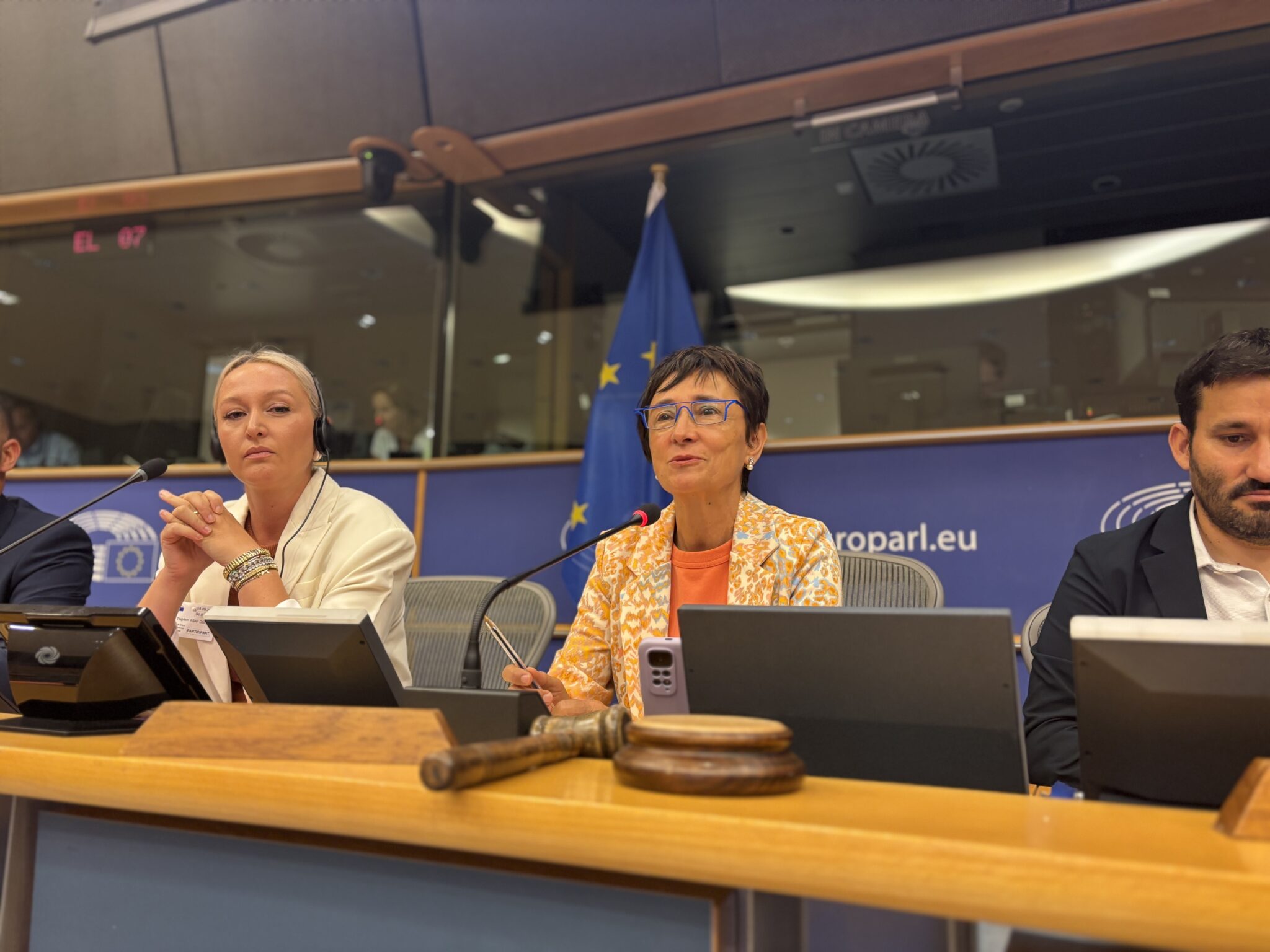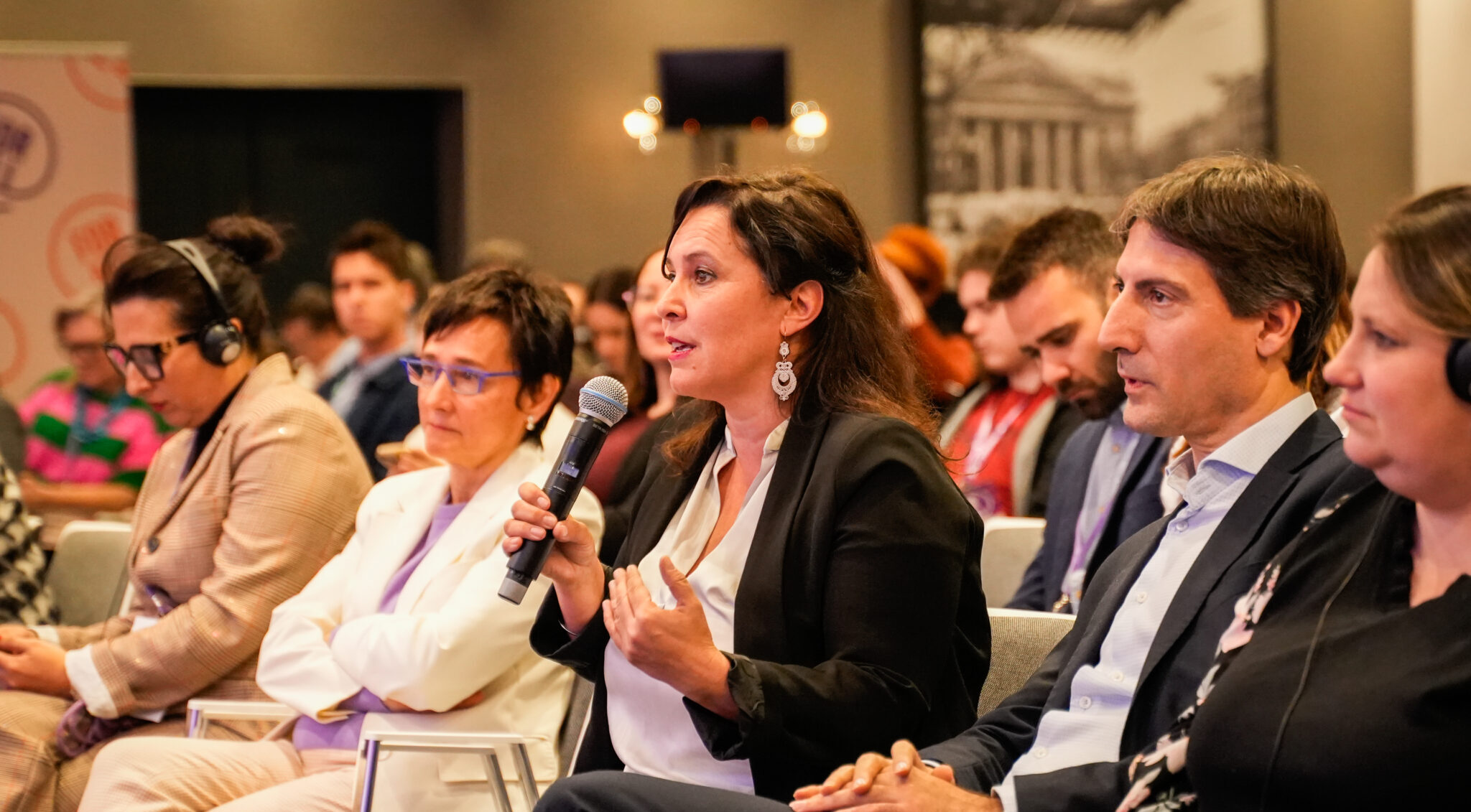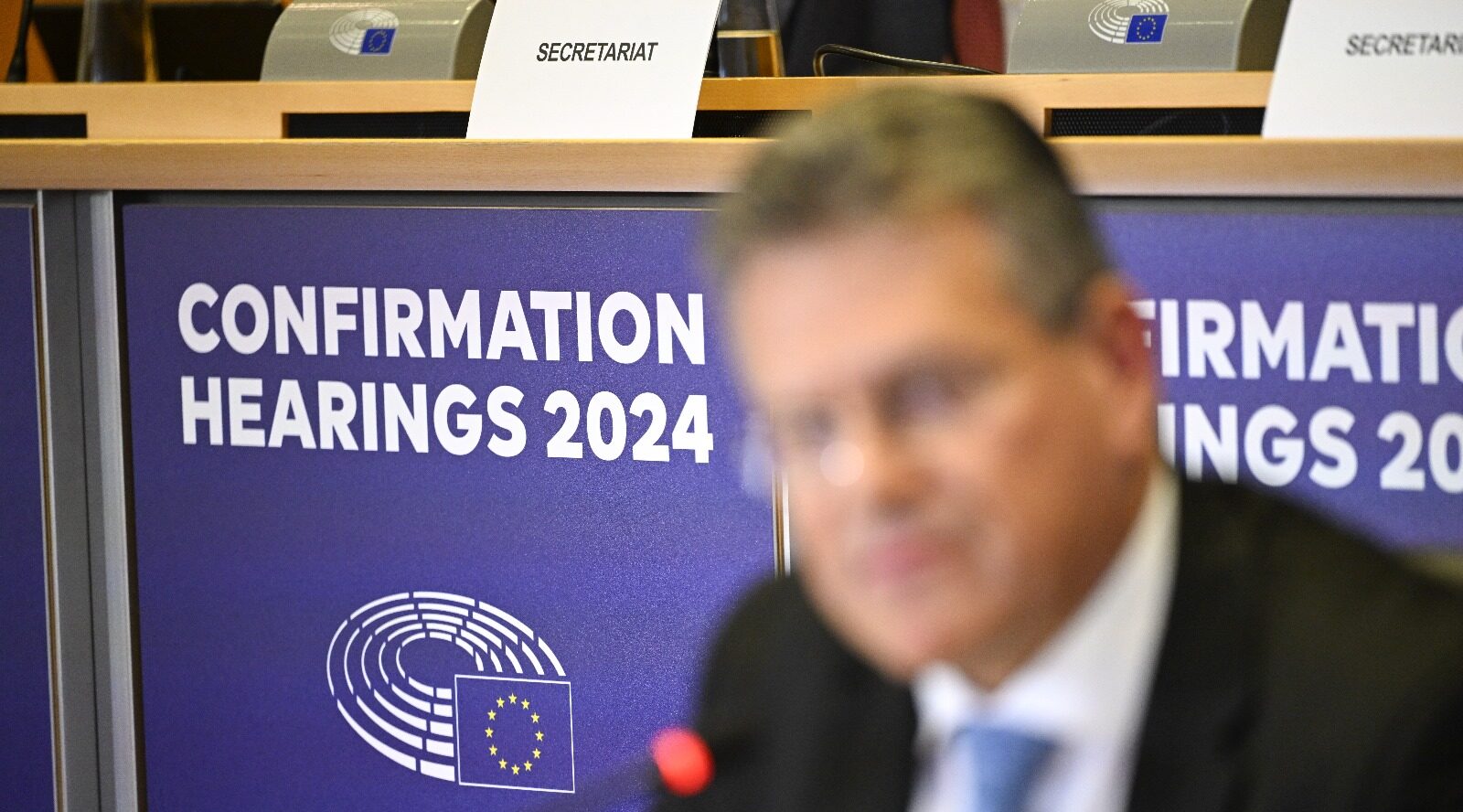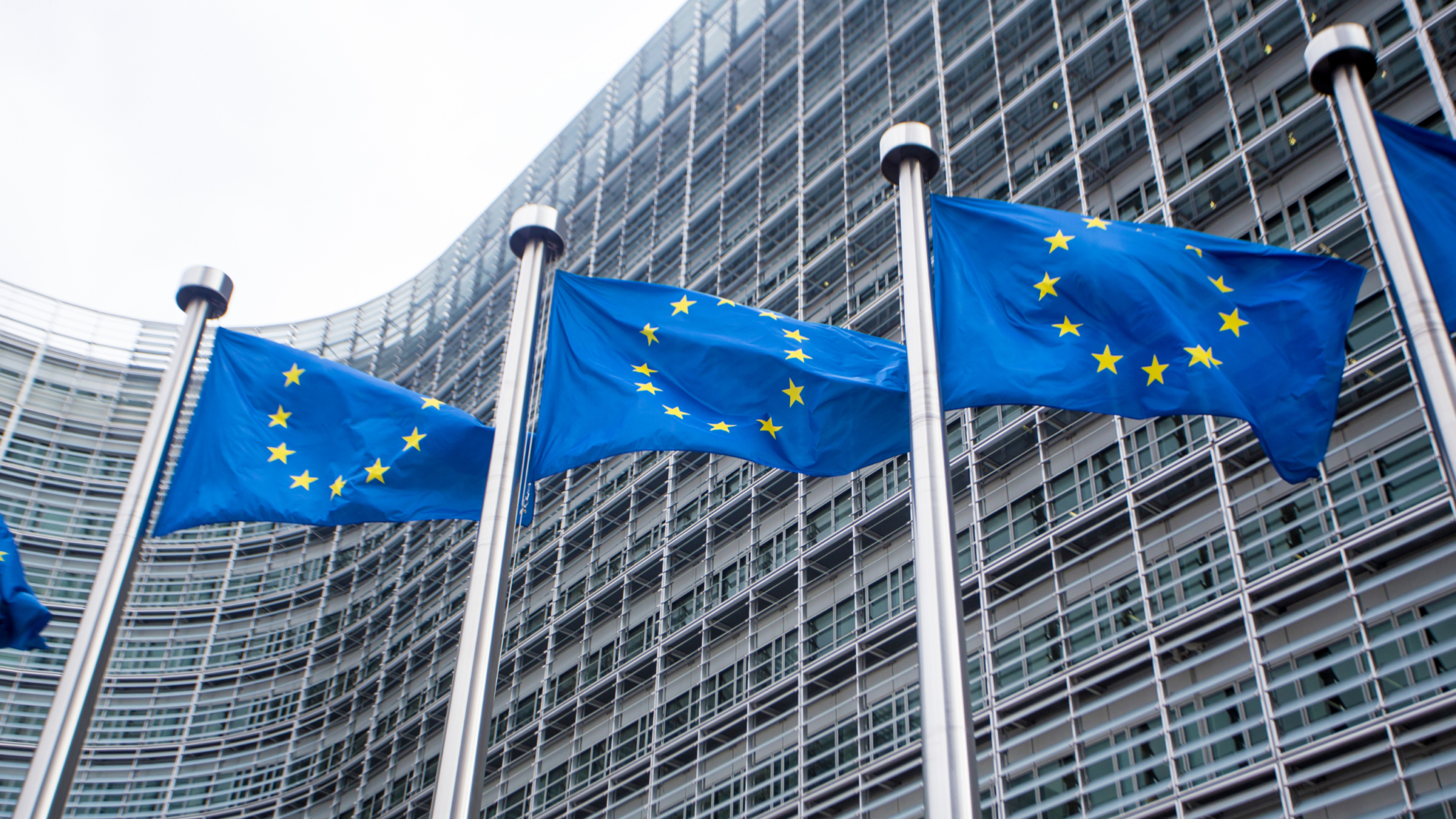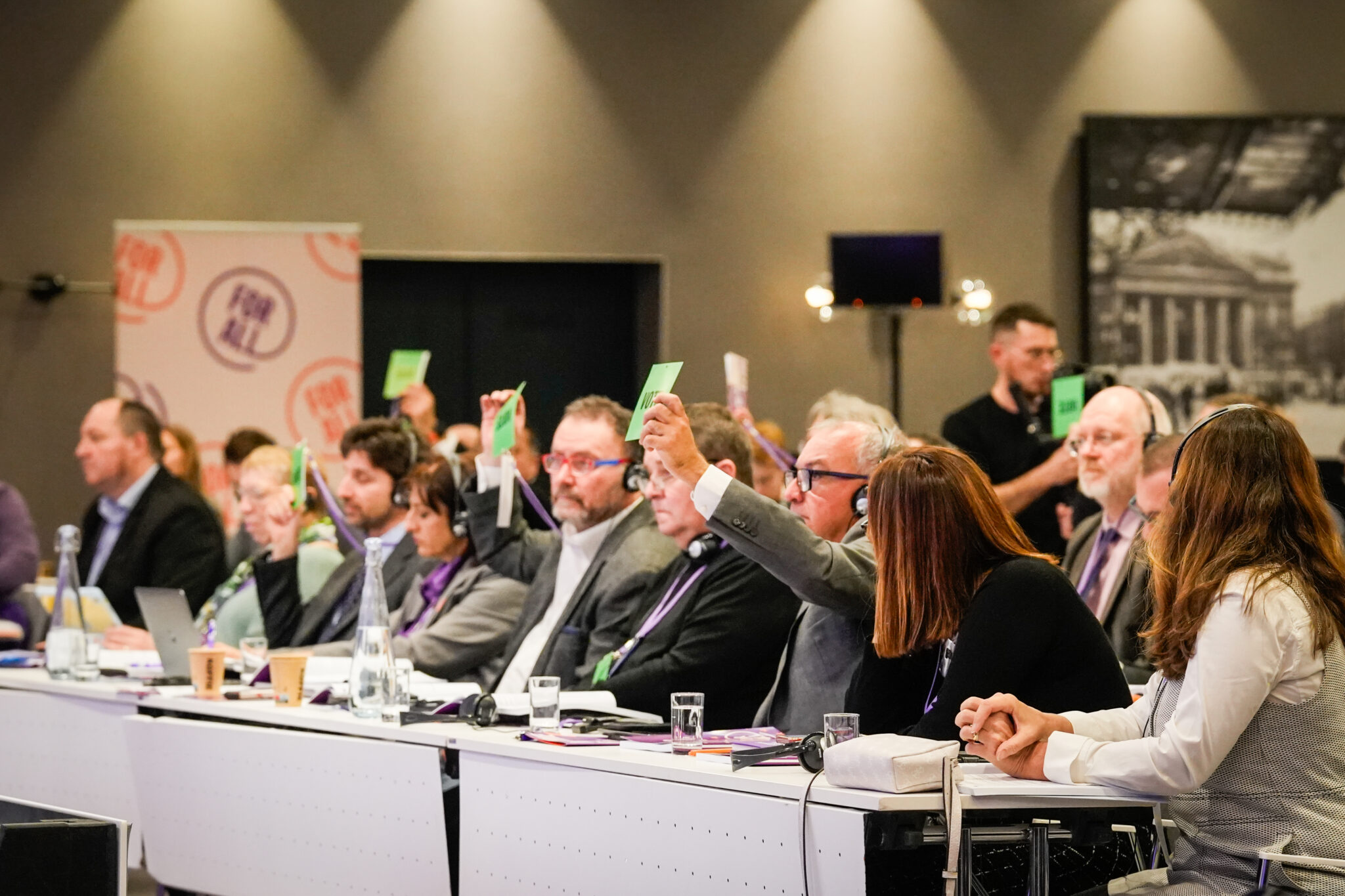Op-ed: “This is a vindication of the demand for devolution to the region” – the Yorkshire Party
“This is a vindication of the demand for devolution to the region.”
That’s what Yorkshire party leader, and candidate, Bob Buxton had to say about our West Yorkshire Mayoral election result – 58,851 first preference votes and a 3rd place finish. Both the Green Party and the Liberal Democrats, well established, well-funded, with a national media profile and both with representation in the House of Commons were left red faced and unable to explain why they had been so resoundingly defeated by a group of volunteers.
Why is it that a small group of eager activists, giving up their own free time and money to fight and fund elections managed to cause such an upset? Surely, it’s a combination of hard work and a message that resonates.
Small leafleting teams covered big portions of West Yorkshire, normally in ones or twos, we braved hail and rain to keep pushing the message that a better Yorkshire is possible to achieve.
A Yorkshire that can decide its own future.
After decades of under investment in the North of England, in whatever league table you look at, education, health, employment, wealth, trade, happiness or clean air – Yorkshire remains rooted to the relegation spots.
Those who live in the area, who send their children to under performing schools or drive along pot hole riddled roads, are acutely aware of the under investment into the region. But the Yorkshire Party offers a solution to that: no longer are the choices to vote for red (Labour) or blue (Conservative) (or a shade of them) to only see their representative vanish to London, only to return when they want to be re-elected. We offer real localist policies, a manifesto for a safer, greener, stronger Yorkshire within a fairer United Kingdom, and we offer something completely new – something people can trust.
A third factor that might have influenced such a fantastic result for us may very well be the supplementary vote system.
Allowing voters to rank a second-choice candidate gives them more belief in voting for who they really want to win the most, rather than selecting the lesser of two evils. Second preference votes are only counted for the top two finishing candidates, unless one of them receives 50%+1 of the first preference votes so we will never truly know how many second preference votes we gained. That being said, our counters noted for every 1st preference vote got, we received 1.95 2nd preference votes – if that trend was to carry through all the way, it would put us in the region of 175,000 votes.
Now that’s what I call a vindication of the demand for devolution.
